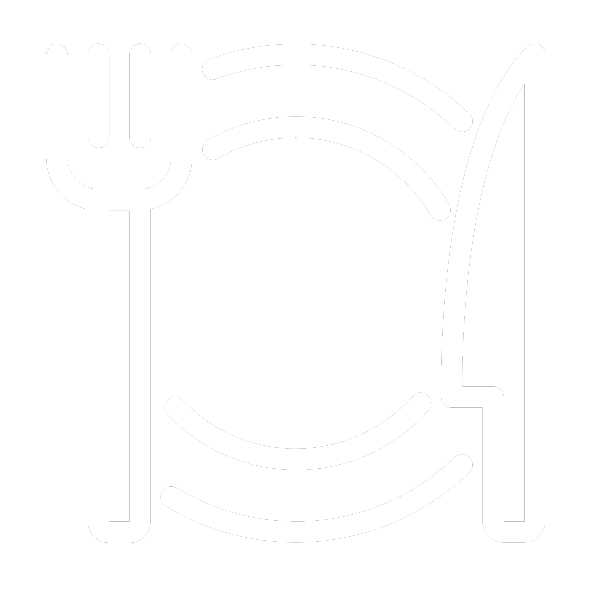Our technologies are designed to process a wide variety of polymers – such as expanded polyethylene (EPE), expanded polypropylene (EPP), bubble film, EVA and technical foams – and to convert them into finished products used in multiple sectors.
By integrating production processes with downstream solutions (winders, laminators, cutters, welding and converting machines), we provide complete lines that allow our customers to launch new applications with efficiency, flexibility and competitiveness.
Various foamed polymers such as EPE, EPP, EPS, XPS and other technical innovative materials are extensively used in the construction and insulation industry.
Extrusion lines for EPE, EPP, EPS foams
Winders for foams of different thicknesses and densities
Hot lamination for complex thermoplastic materials, multilayer boards and protective layers
Cutting systems for boards and customized sizes
Final applications: insulation panels, pipe insulation, protective foams, reflective insulation in high-temperature environments, underfloor heating systems (as a thermal barrier), sound and vibration insulation for construction slabs.
Lightweight and shock-absorbing foams, together with bubble film, play a central role in modern packaging.
Extrusion lines for EPE foam, bubble film and multilayer structures
Winders and rewinders for flexible light materials
Hot lamination for barrier films and composite materials
Pre-cutting, format cutting and bag-making machines for customized packaging
Final applications: protective packaging, bubble mailers, courier envelopes, e-commerce bags, laminated films.
EPP and EPE foams are increasingly used in the automotive industry to reduce weight and improve comfort and safety.
Extrusion of foamed EPP and EPE
Hot lamination with technical films and fabrics
Cutting technologies
Final applications: Protective packaging during vehicle transportation, Custom-shaped profiles and pads to avoid surface scratches or damage, Shock-absorbing separators and spacers, Sound and thermal insulation for specific car components, Interior panels and trim elements (doors, roof, trunk), Thermoformed parts for structural support with low weight, Energy-absorbing components (bumpers, headrests, crash pads).

The food industry demands materials that combine light weight, safety and sustainability. Expanded polypropylene (EPP) has become one of the most promising solutions for food trays, thanks to its strength, recyclability and compliance with food-contact regulations.
Our partner Borealis develops and markets advanced polypropylene grades specifically designed for foam production, while FAP provides the technology with complex extrusion and winding lines that ensure high-quality results, process stability and efficiency.
In addition, our in-line hot laminators make it possible to combine foamed substrates with a wide range of films expanding the scope of applications in food packaging.